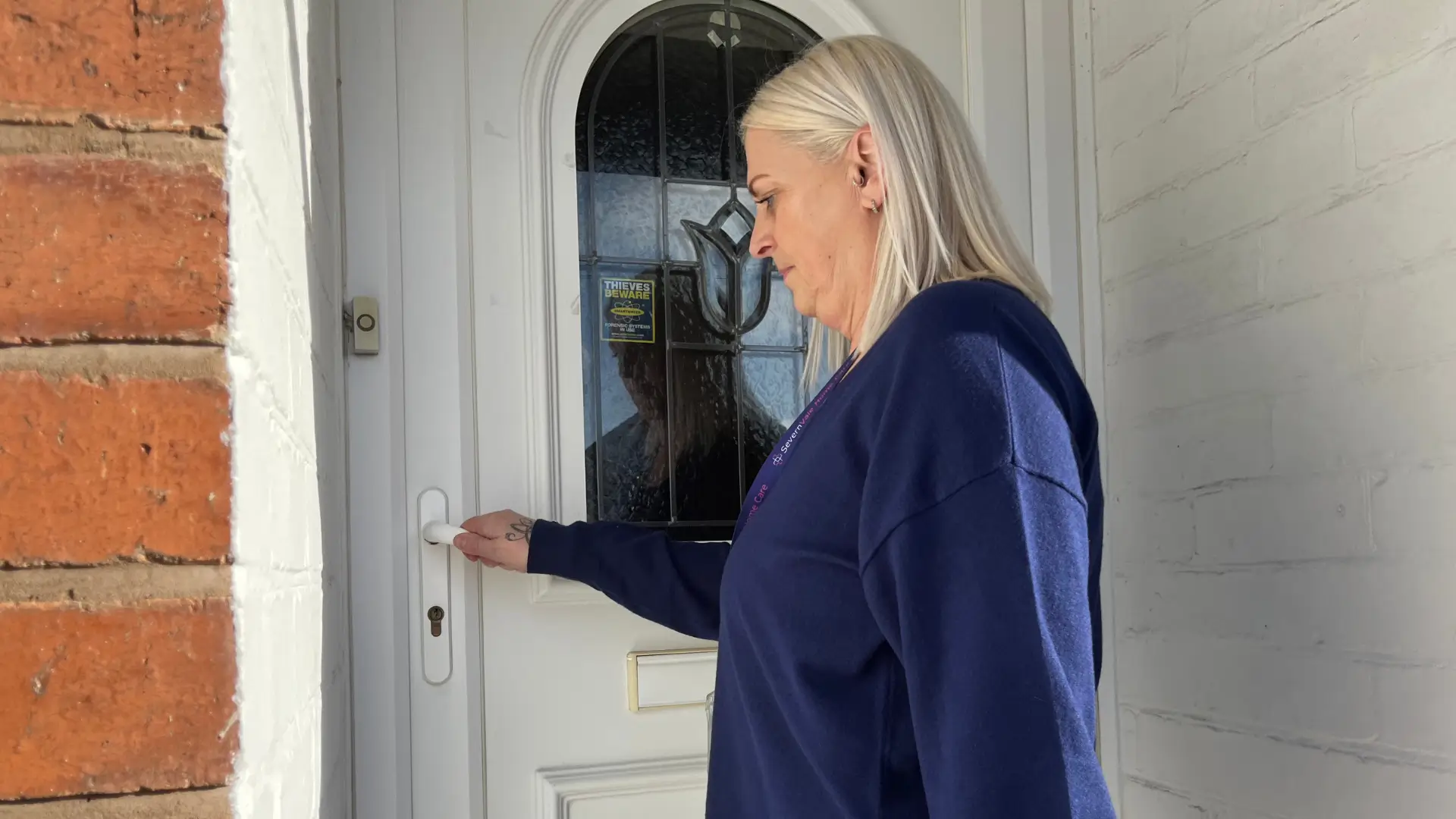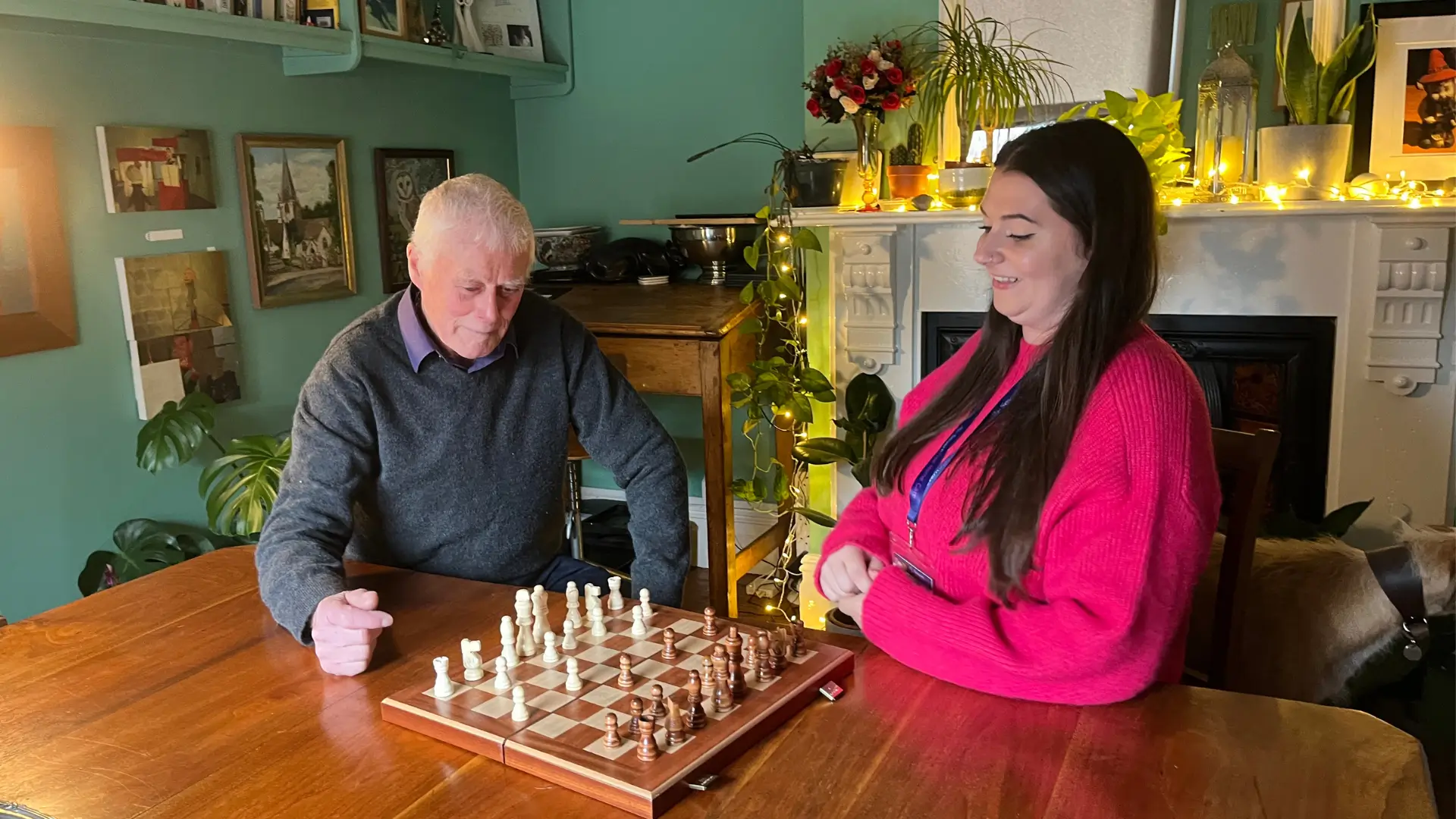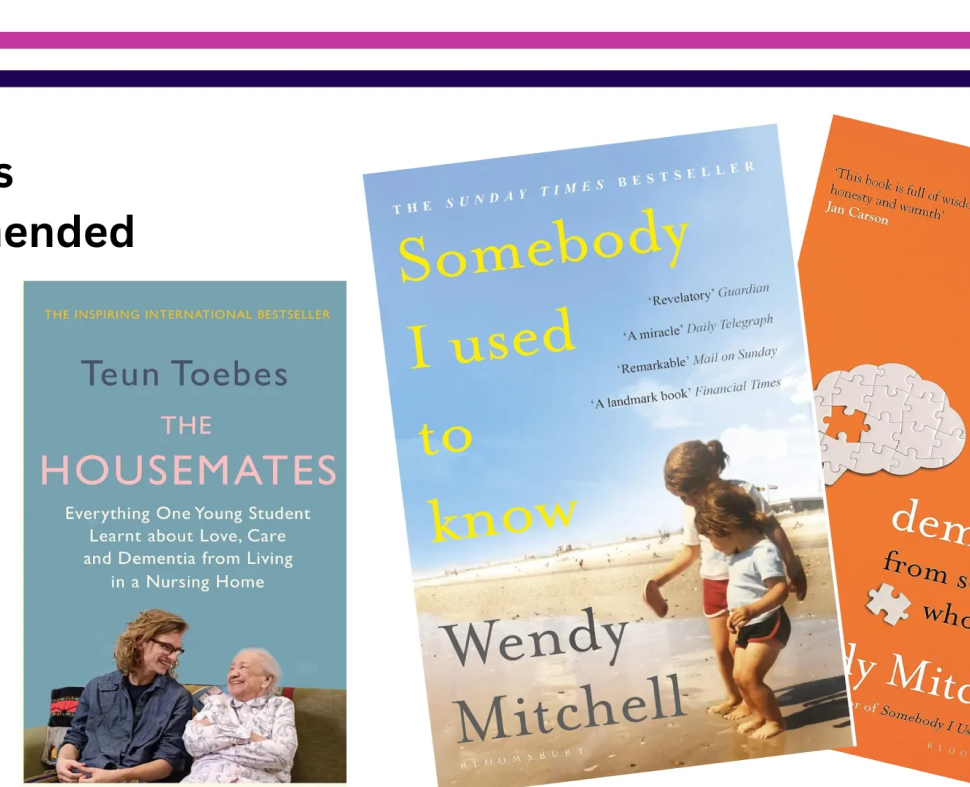How to Care for an Elderly Person at Home: A Comprehensive Guide for Families

Being able to care for an elderly person at home can be really rewarding, as it allows families to stay close to their loved ones as well as ensuring their comfort in familiar surroundings. However, it also comes with responsibility that requires careful planning, patience, and awareness of the physical, emotional, and medical needs that inevitably come with ageing. Whatever stage you are at with providing care for an elderly parent, relative, or friend, understanding how to manage their needs effectively is essential.
Within this guide, we will explore practical advice on how to care for an elderly person at home. We will focus on various parts, such as creating a safe environment, establishing daily routines, and when to consider professional home care services.
Understanding the Needs of an Elderly Person
The needs of a person change significantly as they age, and understanding the needs of an elderly person at home is crucial.
1. Physical Needs
Elderly individuals quite often face challenges with mobility, reduced strength, and changes in balance that make it difficult to perform basic daily activities like walking, bathing, or dressing. Assessing their physical capabilities regularly and assisting them with these tasks when needed is important. This could involve helping an individual get in or out of bed, helping with personal care, and ensuring they maintain good personal hygiene.
Nutrition is another key factor in an elderly person’s physical wellbeing. Ageing bodies require a balanced diet to maintain strength, manage chronic illnesses, and prevent malnutrition. It’s important to provide nutritious meals that are tailored to their specific dietary requirements, such as low-sodium or diabetic-friendly.
2. Emotional Needs
Isolation and loneliness are common emotional challenges elderly people face, particularly if they have lost friends, a spouse, or have limited social interactions. Regular companionship is essential to maintain their emotional wellbeing; this can involve engaging them in conversations, spending time together, and encouraging them to stay connected with family and friends.
In addition to companionship, elderly people need mental stimulation to maintain cognitive function. Reading, puzzles, and memory exercises can be really beneficial in keeping their minds sharp.
3. Medical Needs
Elderly individuals often need regular medical care, which can range from managing chronic conditions to staying on top of medications and appointments. It’s really important to have a clear understanding of their medical requirements, including any prescribed medications, medical devices, and necessary health monitoring, such as checking blood pressure or blood sugar levels.
4. Cognitive Challenges
Some individuals may experience cognitive decline through conditions such as dementia or Alzheimer’s disease, which can affect their memory, behaviour, and ability to carry out daily tasks. Caring for someone with cognitive challenges requires patience, structure, and understanding. To ease confusion and frustration, routines and creating a calm and predictable environment can be set up.

Creating a Safe Environment at Home
Knowing how to make a home safe for the elderly is crucial in ensuring that their living environment is safe and comfortable.
1. Remove Tripping Hazards
Falls are a common cause of injury in the elderly, so it is essential to remove any potential trip hazards in the home. It is important to keep floors clean and free of obstacles, especially in areas where the person regularly walks. Obstacles include things like loose rungs, electrical cords, and cluttered walkways.
2. Install Safety Equipment
Consider installing safety equipment such as grab bars in the bathroom and along stairs for extra safety. Ramps or stairlifts may also be required if the elderly person has difficulty with stairs. Nonslip mats in the bathroom and kitchen can be a great addition to help prevent slips and falls on wet surfaces. All of these are considered some of the best safety equipment for elderly people at home.
3. Ensure Proper Lighting
Adequate lighting is key to preventing accidents. Ensure that all areas of the home, particularly hallways, bathrooms, and staircases, are well lit. Motion-sensor lights can be especially helpful for elderly people who need to move around at night.
4. Adapt Furniture for Easier Access
Rearranging or adapting furniture should be considered to increase accessibility. For example, chairs with arms may help an elderly person get up easier, and raised beds may be more comfortable for someone with mobility issues. Making sure items used by the person regularly, such as glasses, remotes, and phones, are within easy reach can also be helpful for the elderly.

Daily Care Routines: Practical Tips
Establishing daily care routines for the elderly at home helps individuals maintain a sense of independence while ensuring that their essential needs are met.
1. Assisting with Personal Care
Rearranging or adapting furniture should be considered to increase accessibility. For example, chairs with arms may help an elderly person get up easier, and raised beds may be more comfortable for someone with mobility issues. Making sure items used by the person regularly, such as glasses, remotes, and phones, are within easy reach can also be helpful for the elderly.
2. Meal Planning and Nutrition
It’s critical to maintain the health of elderly individuals; proper nutrition is a big part of this. Knowing how to prepare healthy meals for the elderly at home is key; part of this is planning meal that are balanced and tailored to any dietary restrictions or preferences. It may be easier for some elderly individuals to manage smaller and more frequent meals. Staying hydrated is equally important. Consult with a dietitian or their GP if you’re unsure about specific nutritional needs.
3. Encouraging Physical Activity
Even a small amount of gentle exercise can significantly improve an elderly person’s physical and mental health. Exercises such as stretching, walking, or even chair exercises could be encouraged depending on their mobility levels. These activities can help improve circulation, muscle strength, and balance, reducing the risk of falls.
4. Establishing a Medication Schedule
It can be overwhelming keeping track of medications for both care professionals and the elderly. Setting up reminders or using pillboxes as part of a clear schedule to make sure that medications are taken at the right time and in the correct dosage can make the task easier. Check regularly with their GP or pharmacist to make sure the medication regimen is up-to-date and that there are no harmful interactions between medications.

Promoting Mental and Emotional Well-being
In addition to physical care, an elderly person’s mental and emotional wellbeing is essential to their overall health and happiness.
1. The Importance of Social Interaction
Social isolation can lead to a decline in mental health and even depression. Encouraging an individual to stay connected with family and friends through visits, phone calls, or video calls can help with declines in mental health. If their mobility is a concern, arranging for people to visit can be a good way to maintain social ties.
2. Activities to Stimulate the Mind
It’s important to know how to keep elderly people mentally active at home just as much as it’s important to know how to keep them physically active. Taking part in mentally stimulating activities can help to maintain cognitive function and keep the mind sharp. Encouraging activities such as doing puzzles, playing board games, or engaging crafts can be helpful and can all be done with others to maintain social ties and provide mental stimulation.
3. Recognising Signs of Loneliness and Depression
Knowing how you can support emotional well-being for elderly parents can be difficult. It’s important to be mindful of changes in mood or behaviour, as they could be signs of loneliness, anxiety, or depression. Symptoms to keep a lookout for include withdrawal, changes in appetite, or sleep disturbance, and should all be addressed promptly. Encourage open communication, and if necessary, seek professional mental health support.
4. Using Technology to Stay Connected
For elderly people who are comfortable with technology, setting up devices like tablets or smartphones can be a great way to help them stay connected with family and friends. Video calls, social media, and even online games can provide much-needed social interaction and entertainment.
Managing Medical Care and Appointments
Managing the medical needs of an elderly person can be complicated, but it’s an essential aspect of caregiving. Knowing how to monitor elderly health at home can be useful for keeping elderly individuals safe and well.
1. Scheduling Regular GP Visits
Monitoring any existing medical conditions and preventing new ones can be done by scheduling regular health check-ups. Make sure to keep a record of appointments so that they are attended. You may also need to communicate with doctors or specialists about changes in health and medication.
2. Medication Management
Medication management often becomes complicated when multiple prescriptions are required. Using tools like medication charts and weekly pillboxes can help to make sure doses are not missed. Make sure to review prescriptions with the GP regularly to avoid outdated and unneeded medications.
3. Monitoring Health Conditions
Some elderly individuals with chronic conditions such as diabetes and hypertension may need regular monitoring. Learning how to measure vital signs like blood sugar and blood pressure at home can make day-to-day life easier. Knowing how to measure vital signs will help identify any early signs of complications that may need further medical attention.
4. When to Consider Professional Home Health Support
If the medical needs of your elderly loved one become too complex to manage alone, it might be time to consider professional help. Home health organisations can provide services such as administering medication, wound care, or physical therapy, allowing your loved one to receive medical attention in the comfort of their own home.
Seeking Help: When to Consider Professional Home Care Services
At some point, caring for an elderly person at home may require additional support.
1. Recognising When Help is Needed
Caring for an elderly person can become overwhelming, especially if you’re balancing work, family, and personal commitments. If you find that their care needs are becoming too much to manage, or if you’re concerned about their safety, it may be time to seek professional help.
2. Benefits of Professional Home Care Services
There are many benefits of professional home care for elderly people. Professional carers can provide a range of services, from personal care to companionship, helping to ensure that your loved one receives the support they need. They can offer expertise in managing specific conditions, creating a care plan tailored to the individual’s needs, and providing respite for family carers.
3. How Severn Vale Home Care Can Support Families
At Severn Vale Home Care, we understand that every individual’s needs are unique. Our dedicated team provides a range of personalised home care services, from assistance with daily activities to specialist care for those with dementia or chronic conditions. We work closely with families to create a care plan that suits their loved one’s specific needs, ensuring peace of mind for both the elderly person and their family.
You Don’t Have to do it Alone
Caring for an elderly person at home requires careful attention to their physical, emotional, and medical needs. While it can be a challenging experience, it is also an opportunity to provide a loved one with the comfort, support, and care they deserve in their later years. By creating a safe environment, establishing a routine, and promoting mental and emotional well-being, you can help ensure that your loved one enjoys a high quality of life at home.
Remember, you don’t have to do it alone. If you ever feel overwhelmed or unsure about how to manage your loved one’s care, Severn Vale Home Care is here to provide the support you need. Contact us today to learn more about how we can help you care for your elderly family member, ensuring they receive the best possible care in the comfort of their own home.


